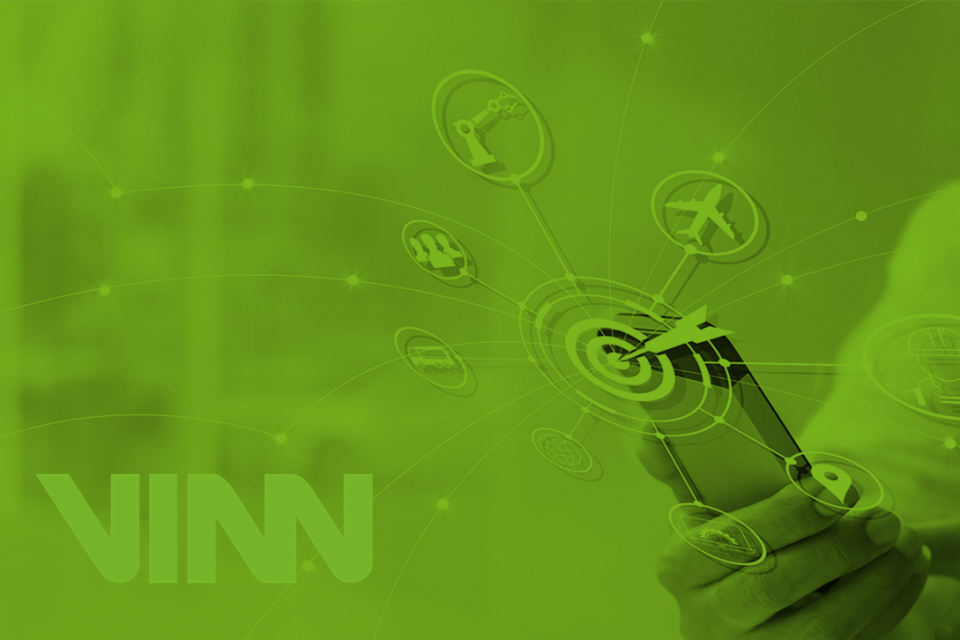
Digitalisation and digital transformation, what does that mean?
Anyone who follows statements from politicians or associations, reads daily or specialized press or attends trade fairs and events, has repeatedly come across this topic over the last few years: The lingering process of transformation of the business and everyday life through digital products. The term “digitisalition” is often incorrectly used to refer to this. Incorrectly, because we have already been digitalised for years. To have ones own website and to communicate via e-mail has become the norm. In addition, companies are increasingly being managed and supported by software. Thus, it would be much more precise to talk about a digital transformation, the conversion of analog data into a digital format. Put simply, through this transformation, devices are being interconnected and the underlying processes are being digitised. Depending on the line of business, the term used to describe this might vary.
Pioneering development: the industrial sector
Throughout the industrial sector, for example, the term Industry 4.0 was established. Here, the digital transformation is being integrated to reduce process costs, develop new business fields and to increase revenues by interconnecting machines within the company or with customers and suppliers. This way, customers are able to send the relevant information directly to the machine, manufacturers can receive a message from “their” elevator telling them that a spare part is needed, while a smart garage can automatically open its doors when it “detects” the car. Digitalisation, as these examples show, is a radical shift in our work and lives. As a result, it is frequently being regarded as a “disruption”. Perhaps digitalisation can be compared to electrification, which has also substantially changed our day to day life. However, in respect of the speed the disruption is taking place, digitalisation is significantly different to all previous major changes: Digital products and solutions often surface overnight and require neither large capital nor special know-how in that business. Instead, a business model that has proven itself elsewhere suffices before a new market participant is able deliver a digital product that turns the entire industry upside down. From this point onwards, the importance of physical products decreases. It is the idea, the platform, that truly counts.
The guest’s expectations determine the path of development
While new media service providers such as Spotify or Netflix are changing the music and film industry, platforms like booking.com or Airbnb are putting the hotel industry under pressure. They themselves do not possess a single hotel (yet), nor do they rent rooms of their own, but they are already radically changing the behaviour of everyone involved. And the guests usually are the drivers of development. After all, they are familiar with smart solutions that are comfortable and easy to use in their private environment. Lights, blinds or power outlets – at home, everything can conveniently be controlled. This leads to higher expectations that smart solutions and the comfort that they bring can be found everywhere. For the hotel industry this might, for example, mean this: The room is booked and reviewed on Booking.com, Google Maps takes care of the journey, a city tour is planned with CityMaps2go and a restaurant is selected through TripAdvisor. The hotel itself is not involved! Therefore, it is a vital task for the hotel industry to face the challenge by providing smart solutions and digitally accompanying the guest between arrival and departure at the hotel in order to improve their experience. The result is a new kind of customer loyalty, while at the same time the own offer is presented in the best way possible.
Thomas Alva Edison once said that genius is “1 percent inspiration and 99 percent transpiration”. With our VINN blog series, we would like to showcase what rolling up the sleeves and working towards the digitalisation of the “world” means, which paths and solutions are available in the industry, the hotel industry in particular and in related sectors, and which goals can or even should be attained when working with the right business partner.
Read the next post to find out what solutions the industry is already relying on and how that can serve as a role model for the hotel industry.
Yours sincerely Frank Gerhardt,
VINN CEO
We use the service AddToAny for sharing.
1 Comment